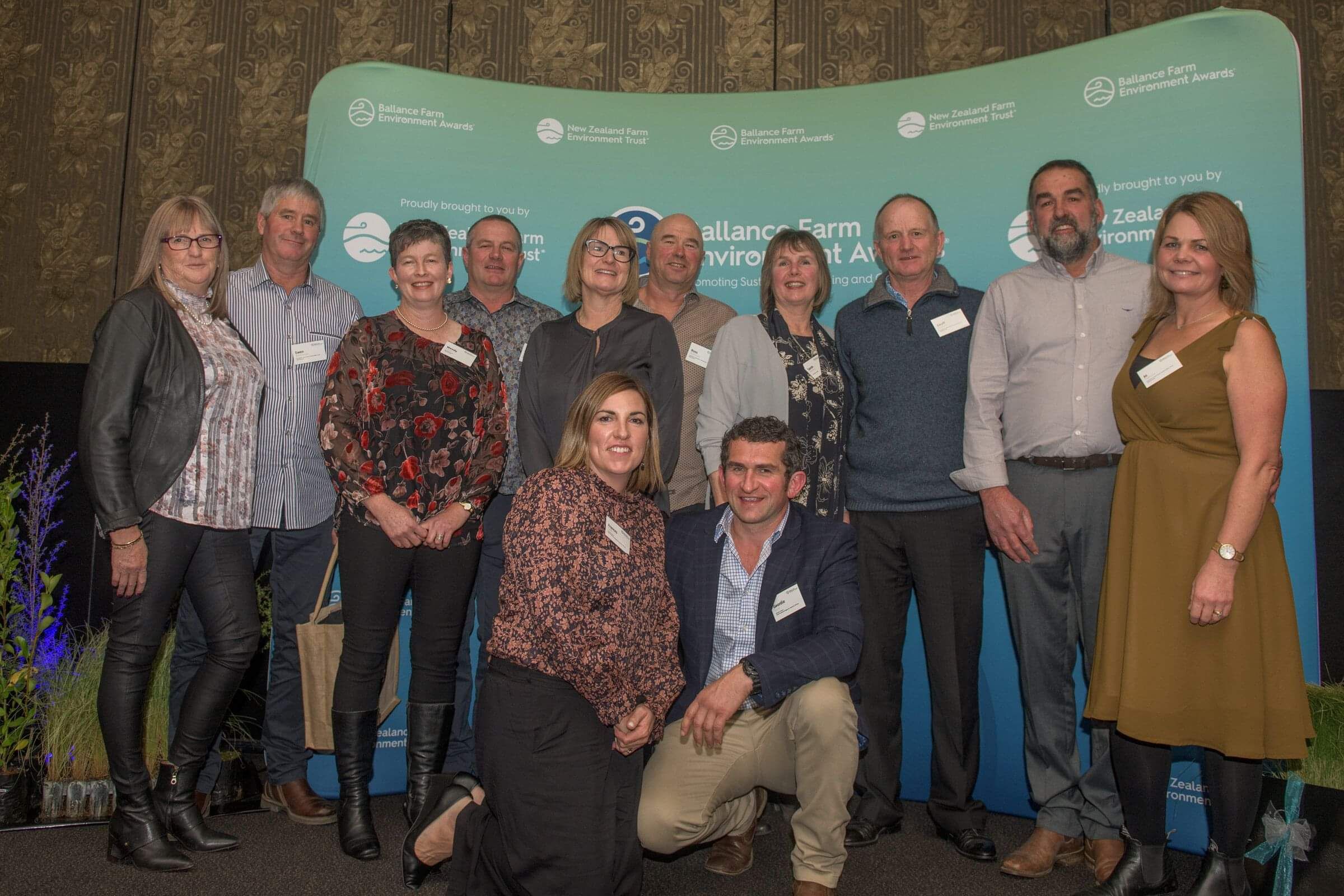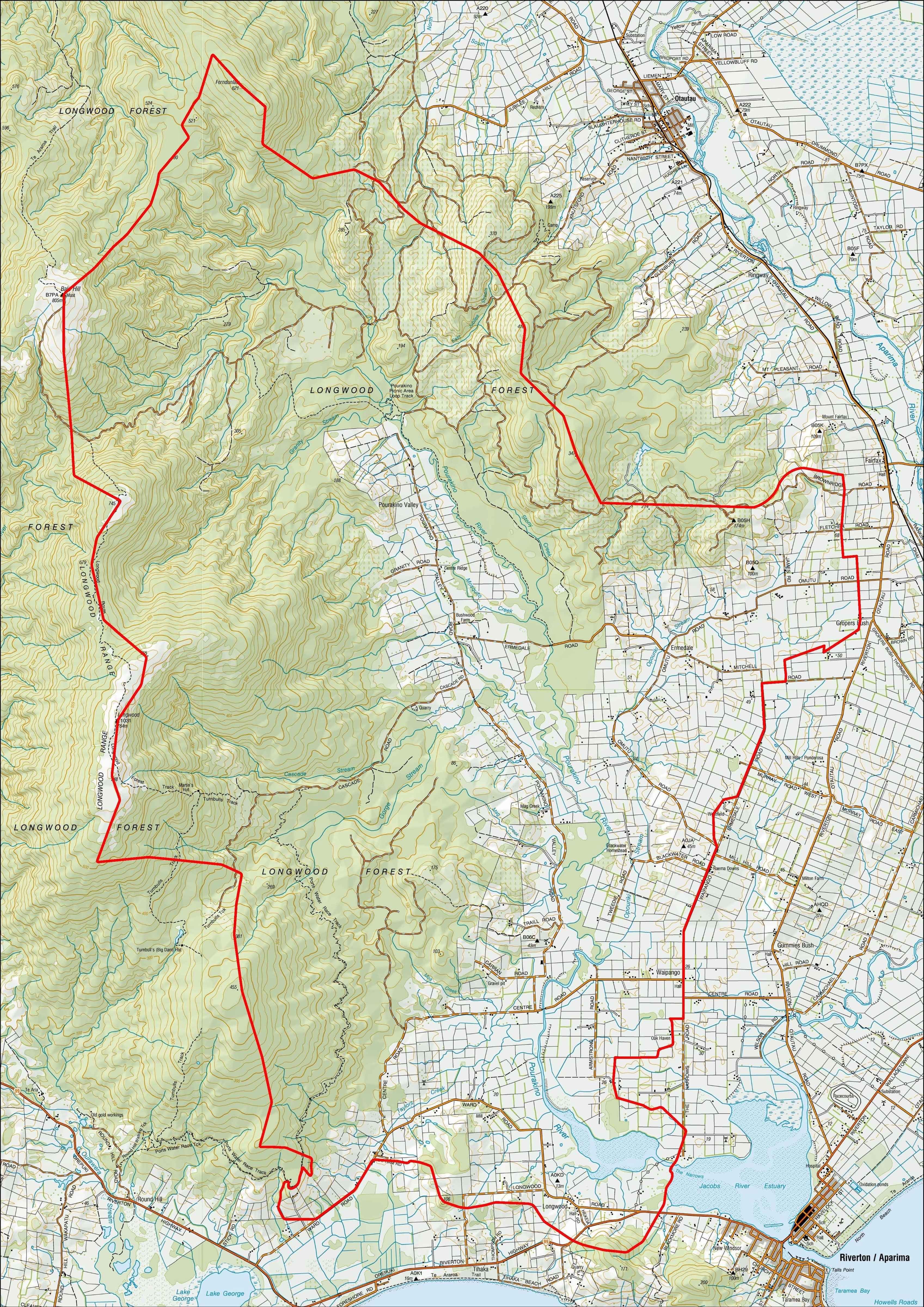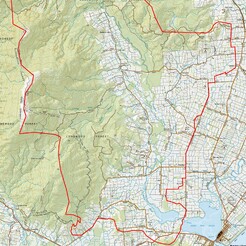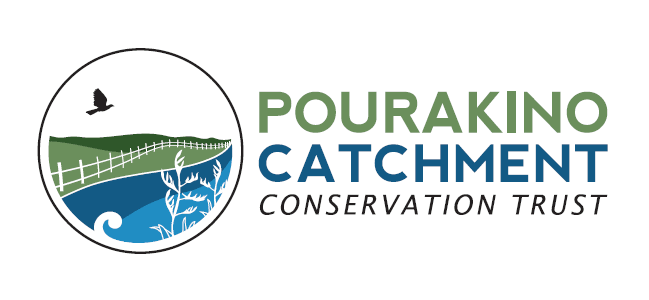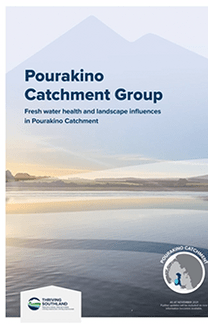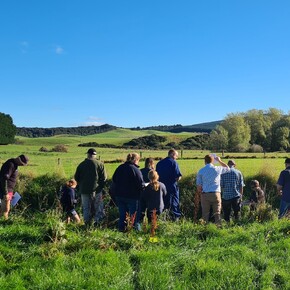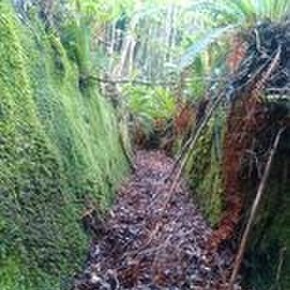Pourakino Catchment Group
Covering the Pourakino River area.
Read our Factsheet
Read our Catchment Group Summary
Your Catchment Group Coordinator
For more info, or to join the catchment group contact Rachael
Rachael Halder
021 566 229
rachael@thrivingsouthland.co.nz
Catchment Group Chair
Cameron Black
021 928 472
pourakinocatchment@outlook.com
Number of members in the Catchment Group
66
Date the Catchment Group started
2014
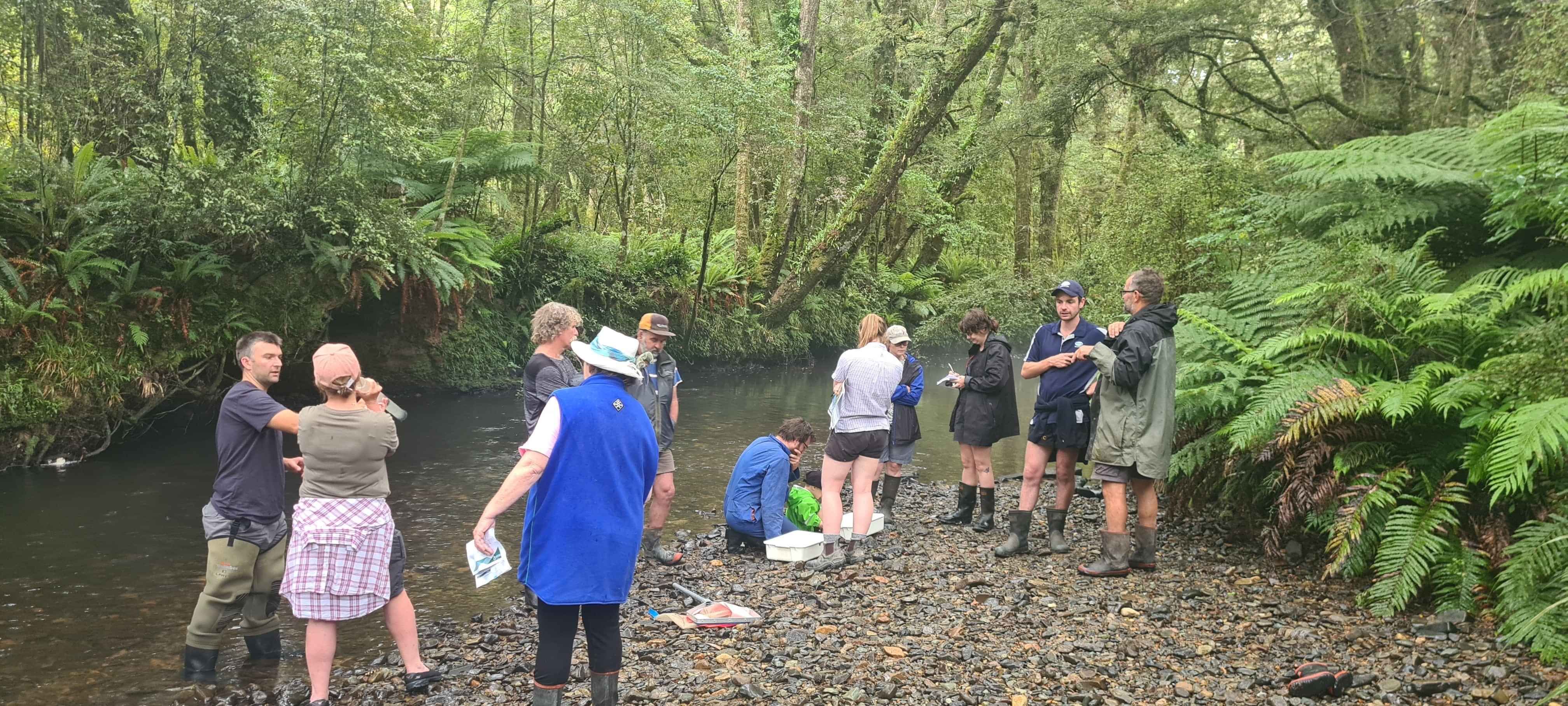
Projects completed
Pourakino has been an active group and is one of the oldest groups in Southland. They have completed a number of projects, some examples are; Catchment wide Pest management scoping and implementation, the use of Ravensdown LUCI and Ballance MitAgator modelling completed across multiple farms in the catchment.
One of the group's major achievements had been ensuring 85% of land holders in the Pourakino Catchment Group area have farm environment management plans,
Projects underweay
They are currently researching and planning a project to look at the removal of crack willow in the Pourakino River. The group is working with local land holders, Environment Southland and local businesses to scope this project.
The group hosted a field day at Oraka Aparima Runaka marae, talking about the nursery run by the marae and how the two groups would work together to grow and plant trees in the catchment.
AgResearch & Pourakino Project
The Pourakino Catchment has a proud history of proactive, farmer-led conservation efforts through our Pourakino Catchment Conservation Trust, which has been going strong for ten years plus. Starting at the end of 2023 and into 2024, AgResearch researchers Dr. Robyn Dynes and Dr. Helen Percy started working with us to see how researchers can better collaborate with farming communities to tackle tough issues like water quality.
Their approach was all about action research. Instead of coming in with pre-set ideas, they worked with us to identify and explore the issues we care about. This meant building relationships, understanding what’s been done so far, and recognizing our values, attitudes, beliefs, and future goals.
Next Steps:
Presentation and Q&A Session: We kicked things off with a presentation and Q&A session on E. coli and water quality, specifically for our catchment. AgResearch’s Invermay-based water quality scientists, along with folks like Justin Kitto and Thriving Southland, are keen to get involved. Case study farms? Mitigations options and more
AgResearch Brokering Role: AgResearch can continue to be a go-between, linking us to specific research or information areas like E. coli and GE.
Strategic Planning and Applications: We can use the findings from this project for our strategic planning and other applications, like future funding. Robyn and Helen are willing to help us complete diagrams and answer any questions about our future focus. They also suggest we look at baselining and ongoing monitoring of tangible changes in our catchment group, putting this into a Theory of Change that combines biophysical aspects with KASA (Knowledge, Attitudes, Skills, and Aspirations), which are seen as precursors to practice change. Other catchment groups are interested in this, so it might be worth trying out.
Projects planned
GIS Mapping catchment wide. Create a photo library of the river and streams within the catchment. Using experts and inputs, they aim to develop a catchment plan, including involvement with the local Iwi, fishermen, the community and the council. Together we will start the conversation around what do we want for our community, environment and businesses.
Hosted events / meetings
Multiple Catchment Group meetings a year, committee and public.
“BFEA, Southland Catchment Group Award Winners 2022" – Pourakino Catchment Conservation Trust
Read more here
